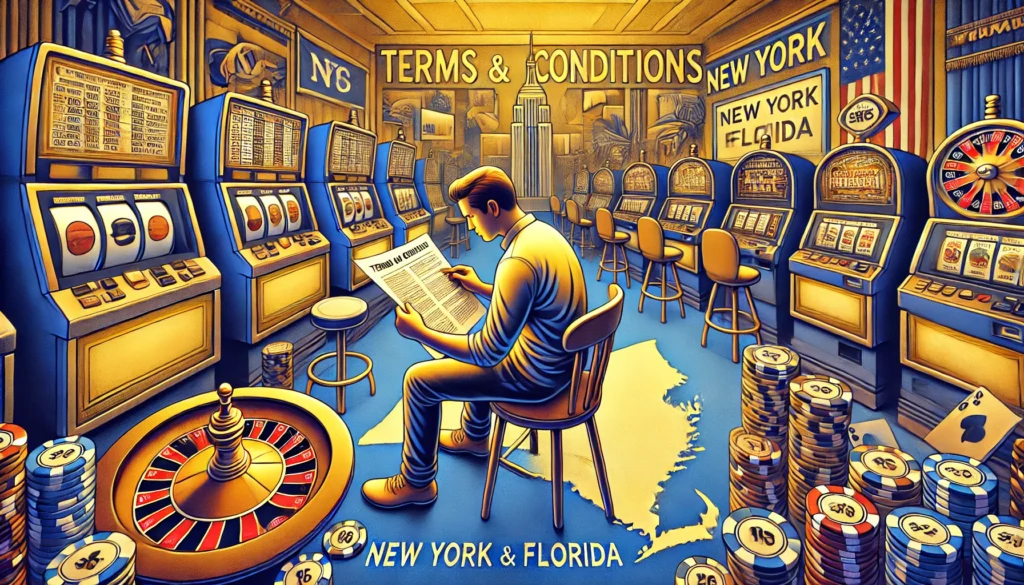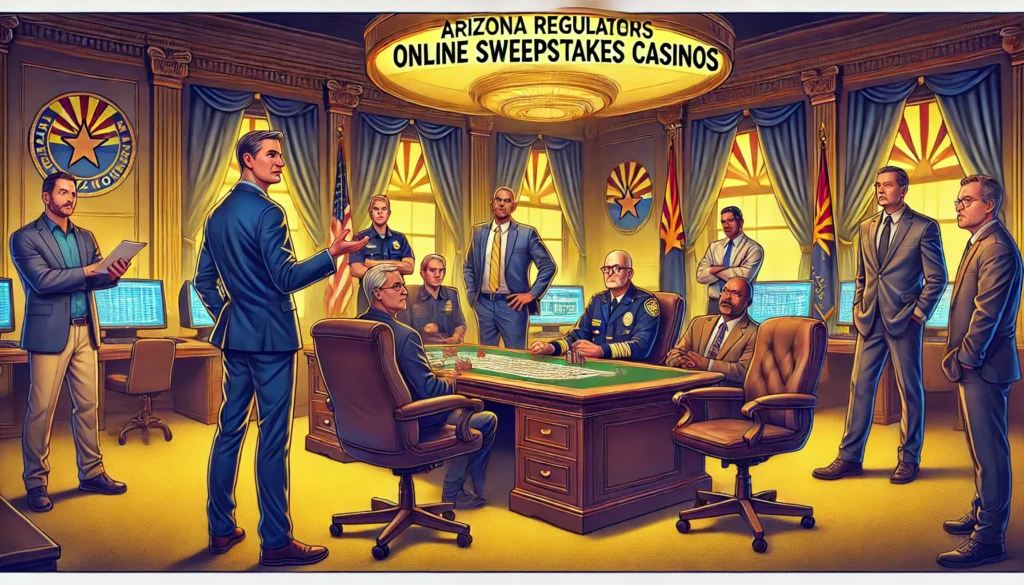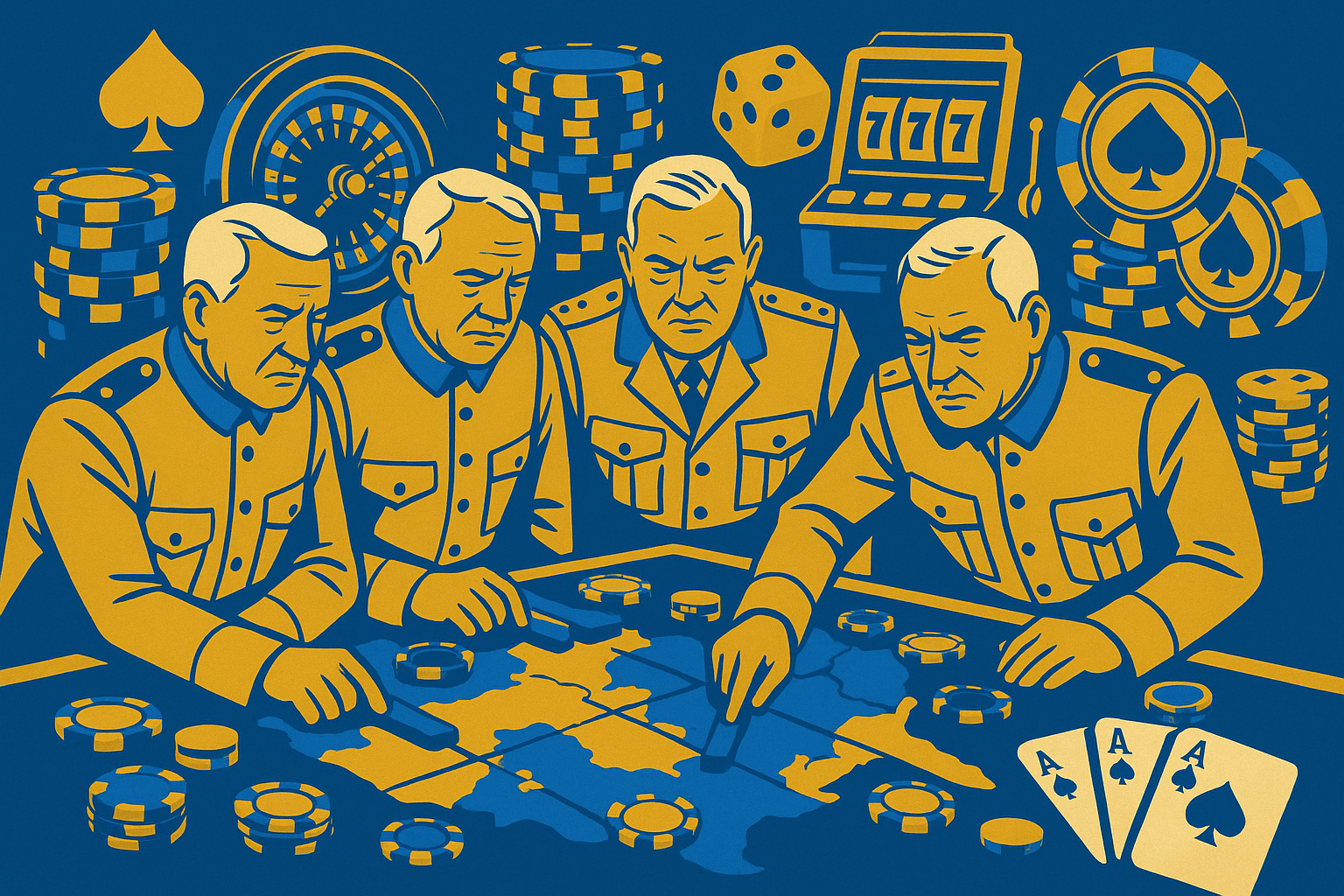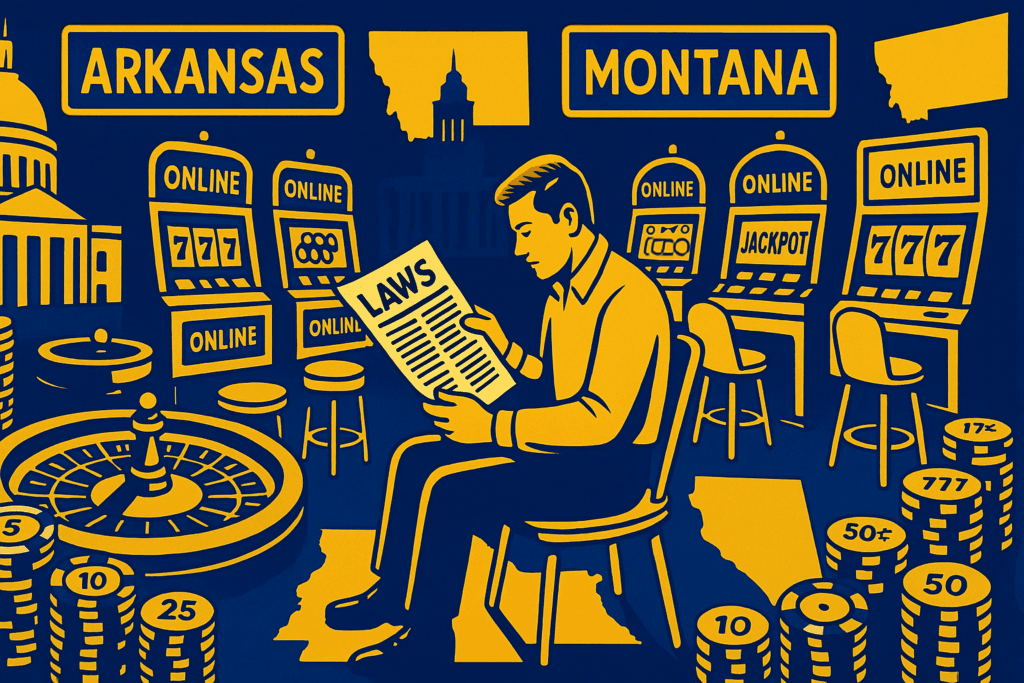A federal judge in Georgia issued a ruling this week that could have lasting ramifications in the quickly growing — and debate-stirring — US sweepstakes casino industry.
That judge sided with VGW Holdings, the world’s most prominent sweepstakes operator that owns sites like Chumba Casino and LuckyLand Slots, in a Georgia class action lawsuit where the plaintiffs wanted to recover gambling losses from VGW sites over the past four years.
The verdict? The US District Court for the Northern District of Georgia dismissed the lawsuit due to a lack of jurisdiction. In other words: There isn’t enough about VGW that concretely and directly ties it to Georgia (other than two remote employees living there) for VGW to be reasonably seen as “transacting business” in Georgia. Thus, a Georgia court does not have the proper jurisdiction to decide whether VGW sites’ sweepstakes models of gaming duped Georgia residents into gambling away their earnings.
“While the Defendants casino gaming websites were certainly accessible by Georgia users and the Defendants accepted payments from Georgia users in order to play the games,” the ruling read, “the Court finds this limited interaction, without more, insufficient to satisfy the transacting business prong in O.C.G.A § 9-10-91(1).
“The Court therefore concludes that the Defendants are not subject to personal jurisdiction under the Georgia long-arm statute.”
So, what does this win for VGW mean for sweepstakes operators moving forward?
‘Procedural challenges every step of the way’
First of all, we all know how much US courts love their precedents. Heck, this country’s whole judicial system is built with a backbone of following precedents. Did this court from back in the day hear a similar case?? OK what the heck did they do?
And this VGW victory sets a major precedent for the many lawsuits facing sweepstakes operators right now.
That precedent: If the operator is not physically based in a state, or you can’t make a reasonable argument it has a legitimate retail presence in that state, it’s going to be hard for residents of that state to sue for a gaming structure that they believe cheated them of their money — especially if the plaintiffs can’t prove the sweepstakes site performed any targeted advertising in their state, which the Georgia court ruled VGW did not do in Georgia
In a LinkedIn post discussing this verdict, Daniel Wallach, a US gaming law and sports betting attorney, said VGW’s win in Georgia is indicative of the long road any of these sweepstakes lawsuits have toward reaching any meaningful or needle-moving resolution.
“From arbitration clauses to jurisdictional defenses, there are procedural challenges every step of the way,” Wallach wrote. “And those cases that do survive the gauntlet will either take years to litigate or inevitably get settled (see Kentucky). VGW will not want to risk going to trial, where the possibility of an adverse judgment could have national impacts.”
Wallach wrote that he believes the only sweepstakes lawsuits that will actually lead to decisions regarding the legality of these sites’ Sweeps Coins/Gold Coins two-currency gaming structure — in which Sweeps Coins can be redeemed for real money — will have to stem from lawmaking bodies and organizations, not from private citizens banding together for a class action bid.
“The cases that will ultimately decide the legality of the ‘dual-currency’ sweepstakes model — if it ever gets decided — will be those instituted by governmental bodies, such as State AGs and gaming regulatory agencies,” Wallach wrote, “and likely only after a cease-and-desist order that goes unheeded. Coming in 2025.”
Could VGW win in Georgia have immediate impact in other states?
VGW is currently facing lawsuits in Tennessee, New York, California, Mississippi, and Connecticut.
All the cases are quite similar — in almost every way — to the Georgia case.
And as Wallach alluded to, VGW recently settled a class action lawsuit in Kentucky for around $11 million at the end of 2022.
These types of lawsuits center around the legality of the sweepstakes gaming model. Sweepstakes sites let players play with two forms of digital currency. One kind, often called Gold Coins, has no real-world value. The other kind, often called Sweeps Coins, can be redeemed for real money. Players can purchase Gold Coin packages that come with Sweeps Coins, but the sites try to clearly communicate the actual purchase is only for the in-game-currency Gold Coins.
There are all types of sweepstakes sites, from online casinos to online poker to even online sports betting, where Fliff leads the market.
VGW’s victory in Georgia now sets a precedent that will make lawsuits against these sweeps operators even more unlikely to reach any meaningful resolution other than a settlement or a dismissal. In other words: Don’t expect these class action lawsuits to actually change the laws of the sweepstakes gaming industry.
Or, as Wallach wrote:
“This case exemplifies how difficult it is for private civil litigation to serve as the vehicle for testing the legality of the sweepstakes casino business model.”








